The role of drip irrigation pipes in drip irrigation systems
Drip irrigation pipes play an indispensable role in the drip irrigation system , specifically as follows:
Water use efficiency
Drip irrigation systems use 50% less water than sprinkler systems. Water is delivered directly to the plant roots, reducing runoff from the root zone and minimizing evaporation.
High precision
Water is applied to specific plants, reducing waste in non-cultivated areas such as walkways and undeveloped root zones.
Improve plant health
When using a drip tube, water is delivered to the root zone so the plant can absorb water more effectively, helping the plant grow healthier. In addition, the leaves are always dry, helping to reduce the risk of fungal diseases.
Reduce weed growth
Because water is only supplied by the roots, the space between plants is always dry, limiting the growth of weeds.
Compatibility
Drip systems with micro irrigation pipes can be customized for a variety of plants, flower beds, row crops or even trees. Sprinkler systems can be installed depending on the spacing between plants.
Automatic fertilizer
Drip irrigation systems can be used to deliver liquid fertilizers through the system (preferably water soluble fertilizers), ensuring nutrients are delivered directly to the plant roots.
Some main features of drip irrigation pipes
- Drip irrigation pipe diameter: The diameter of drip irrigation pipes is very diverse, but the most common sizes are usually 6 mm, 8 mm, 12 mm, 16 mm, 20 mm. The choice of pipe size depends on the required length of the irrigation pipe, for example, short irrigation pipes from 5 m to 10 m (often used for watering landscapes, small gardens) can use pipes with a small diameter of 6 mm. However, for irrigation projects where each pipe is up to several tens of meters long, people often choose pipes with a diameter of 16 mm.
- Pipe wall thickness: The thickness of the pipe wall directly depends on the pressure resistance and durability of the pipe. For high-pressure irrigation projects such as irrigation of sugarcane, cassava, corn, which often have low pressure, farmers can use pipes with a thickness of 0.15 or 0.20 mm. On the contrary, for high-pressure landscape and lawn irrigation projects, people often use thicker pipes, which can be 1.2 mm.
- Drip irrigation flow rate
- Distance between drip irrigation eyes
- Drip irrigation pipe with or without pressure compensation function
Advantages and disadvantages of drip irrigation system
Advantages of drip irrigation system
- Very water saving
- Very labor-saving to operate
- Save fertilizer
- Save investment costs and operating costs
- Can be combined with irrigation using soluble fertilizers
- Weed and pest control
- Increase crop yield, increase total income.
Disadvantages of drip irrigation system
- Requirements for clean water treatment without waste
- Sometimes it is difficult to observe and control the irrigation system with the naked eye.
- With very thin diameter tubes (0.15 mm or 0.20 mm), the tube can easily burst under high pressure.
Current cost of installing drip irrigation pipes
The cost of installing drip irrigation pipes varies significantly, mainly depending on the density of the plants; Technical standards - quality of irrigation pipes...
For example, the cost for one hectare of automatic sugarcane irrigation is usually around 7 million VND/ha, while the cost for one hectare of drip irrigation for banana trees is much more expensive because banana trees require higher precision, usually pressure-compensated drip irrigation with larger pipe thickness.
It can be seen that the role of drip irrigation pipes in the drip irrigation system is very important and indispensable. Using the drip irrigation system brings a lot of convenience, helping people save a lot of costs and efforts as well as have significant optimal profits. If you have any questions, please contact Nha Be Agri immediately - a professional, diverse and quality supplier of automatic irrigation equipment. Survey, consultation, design, quotation and reputable installation services for the best advice and support!
Contact information:
- Address: No. 25 Ngan Long Villa Area, Nguyen Huu Tho Street, Phuoc Kien Ward, Nha Be District, Ho Chi Minh City.
- Phone: 19002187
- Email: [email protected]
Source: https://baocantho.com.vn/vai-tro-ong-tuoi-nho-giot-trong-he-thong-tuoi-nho-giot-mang-lai-a186242.html


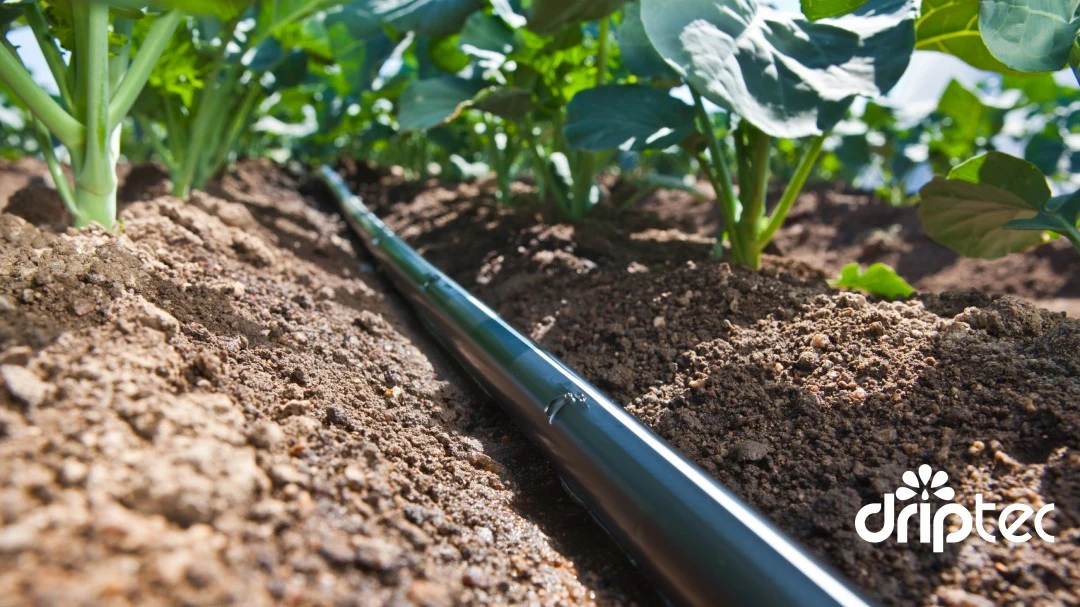
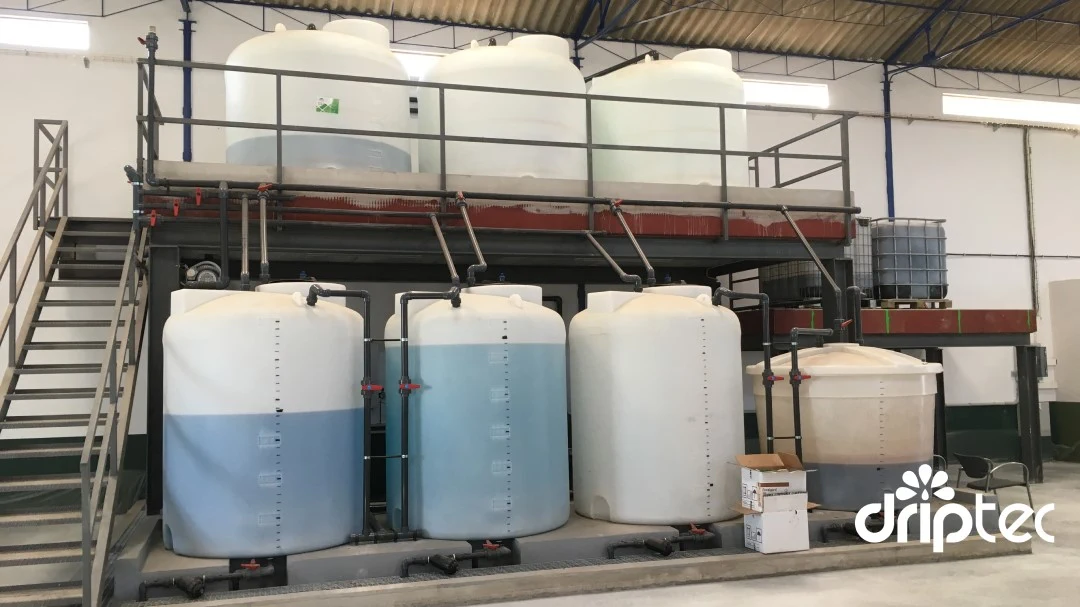

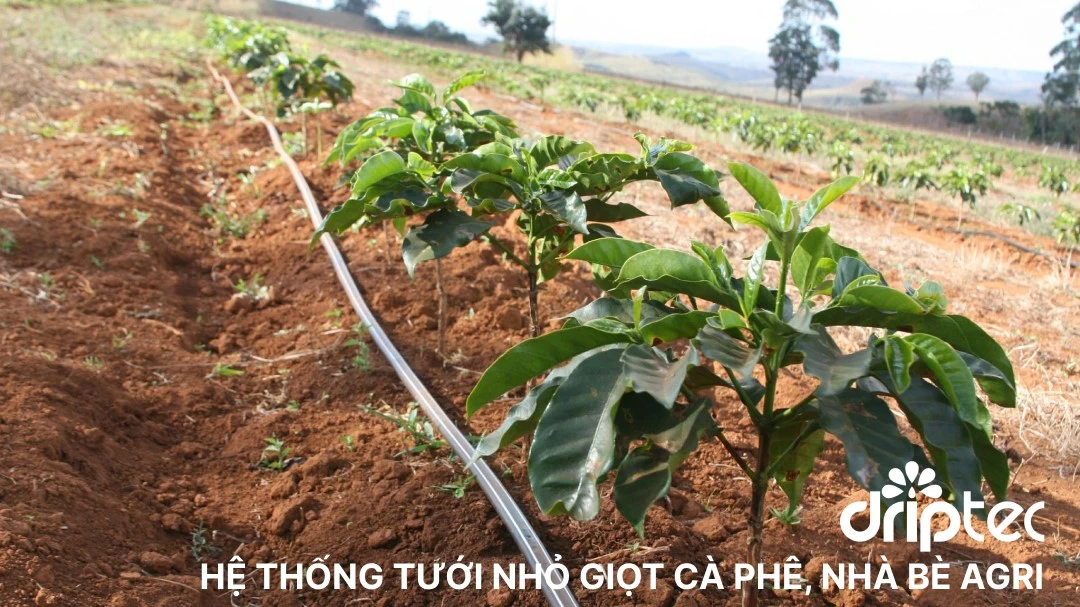
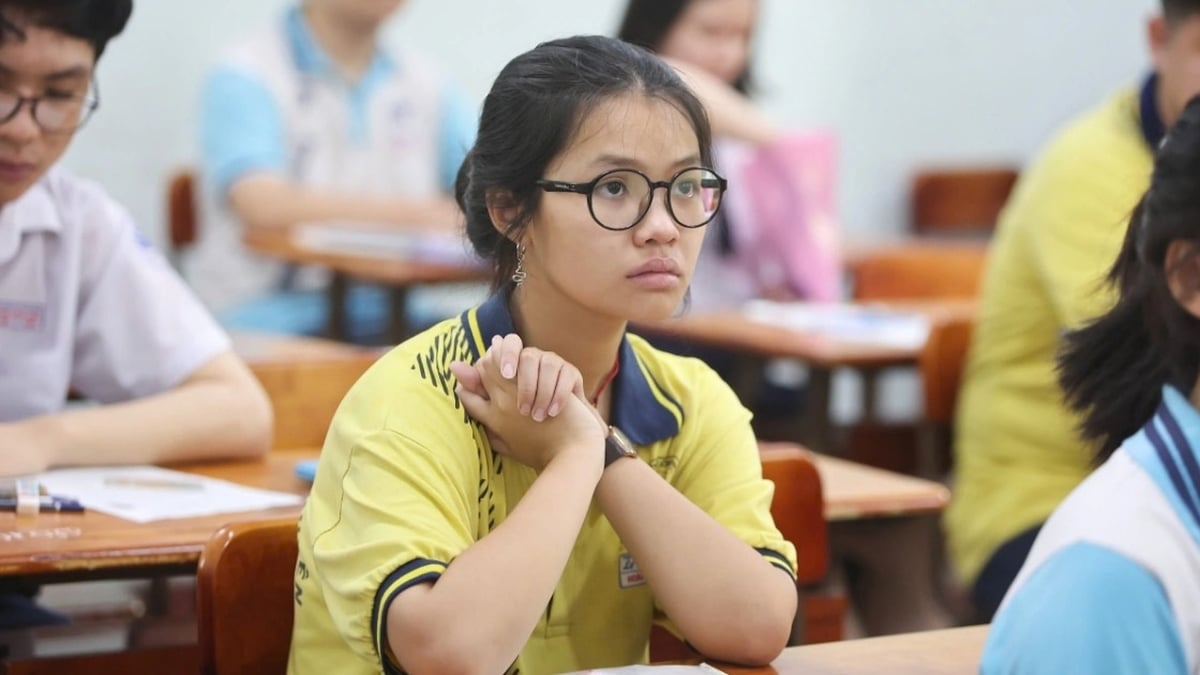
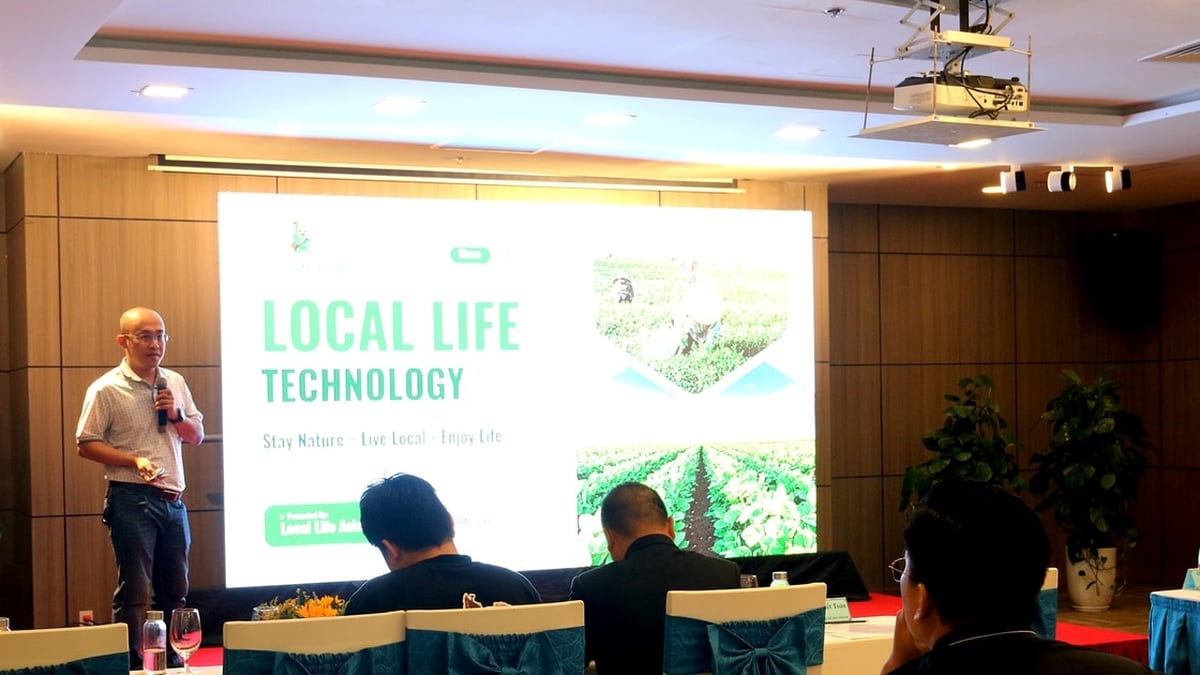
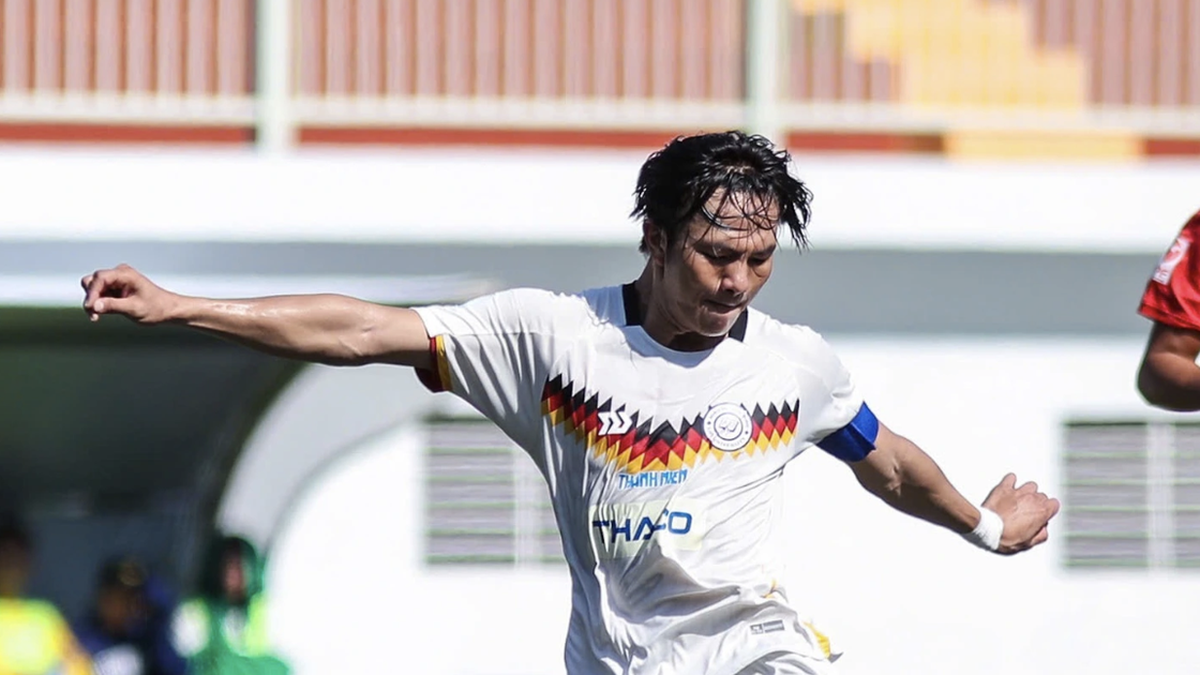

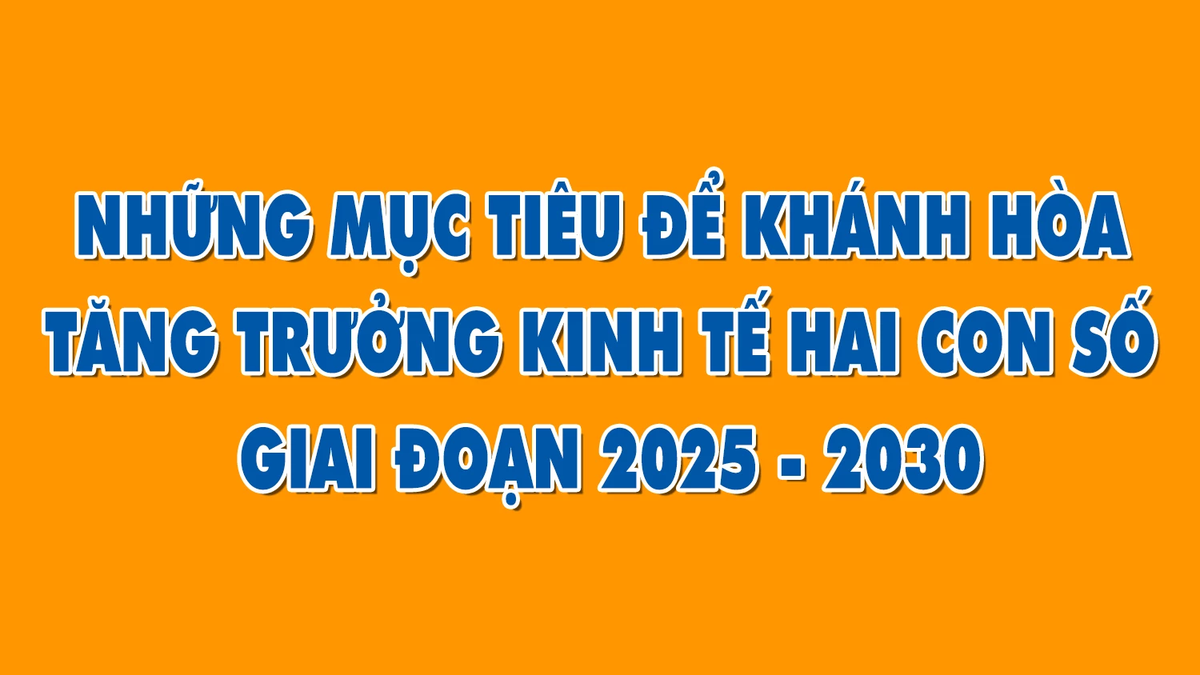
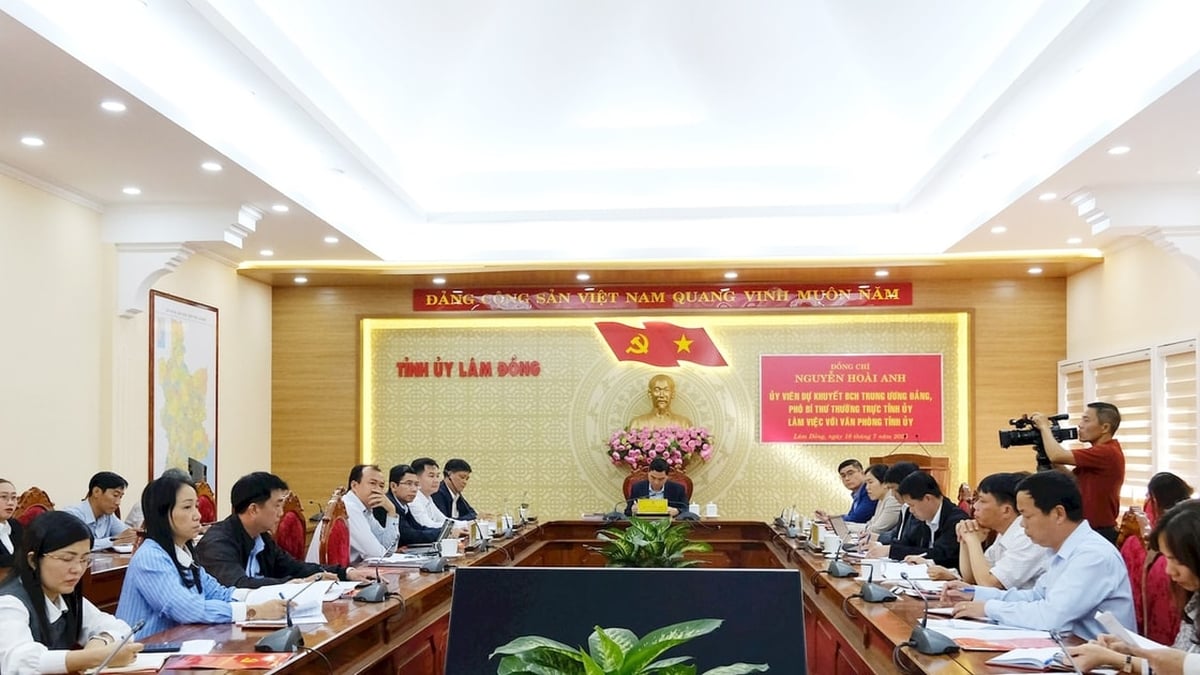



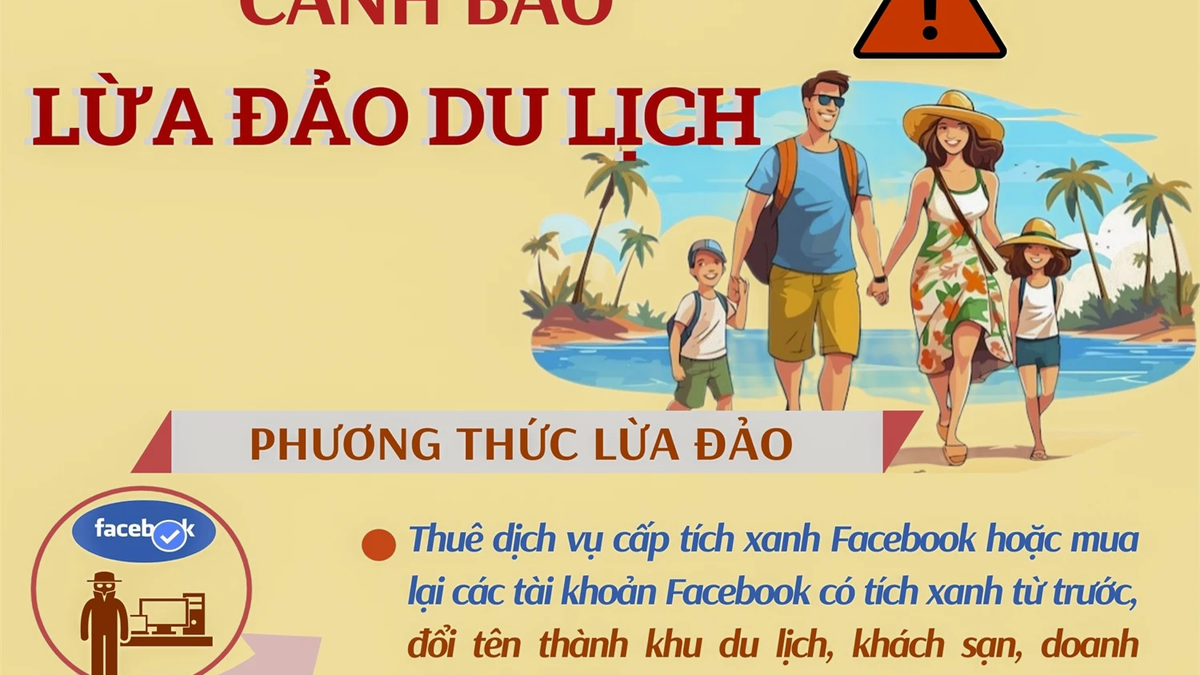








































![[Maritime News] More than 80% of global container shipping capacity is in the hands of MSC and major shipping alliances](https://vphoto.vietnam.vn/thumb/402x226/vietnam/resource/IMAGE/2025/7/16/6b4d586c984b4cbf8c5680352b9eaeb0)

















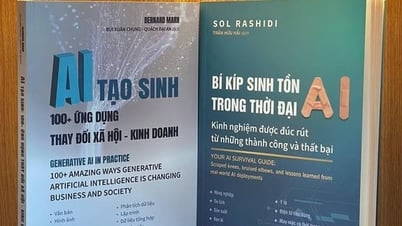

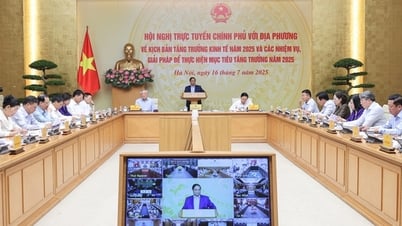
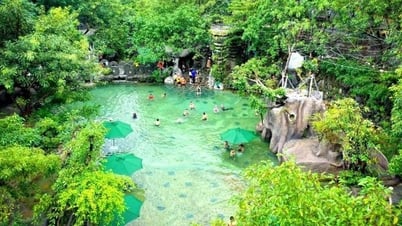























Comment (0)